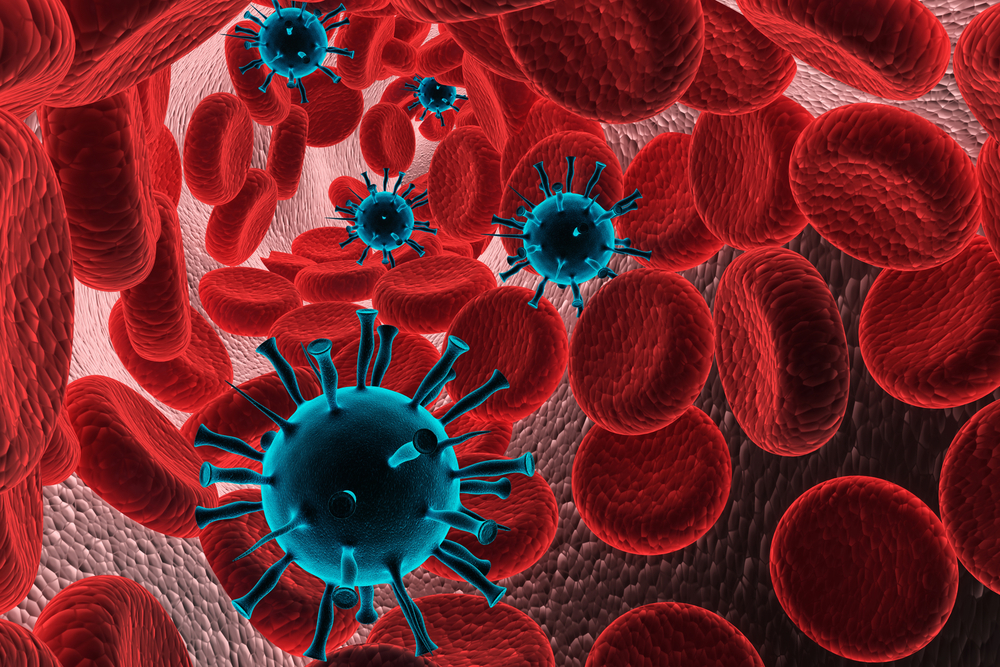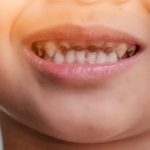
In January 2020, the World Health Organization (WHO) declared a global health emergency over the Novel Coronavirus that has killed more than 1,000 people, following an outbreak in the Chinese city of Wuhan.
To date, more than 43,000 cases have been reported globally, with most of them originating from China’s Hubei province.
As of 13 February 2020, there are 58 confirmed cases in Singapore, as reported by the Ministry of Health.
But how worried should you be over this global outbreak and what can you do to protect yourself and your family?
What is coronavirus?
The name coronavirus comes from the Latin word corona, which means crown or halo. When observed under a microscope, the image of the virus resembles a solar corona.
According to WHO, coronaviruses are a strain of viruses that cause illness which ranges from the common cold to more severe diseases such as severe acute respiratory syndrome (SARS) and the Middle East respiratory syndrome (MERS).
These viruses were transmitted between animals and humans. For example, SARS was transmitted from civet cats to humans while MERS was transferred to humans from a particular camel species.
The novel coronavirus was identified by Chinese authorities on 7 January 2020 and named 2019-nCoV – which was later updated to COVID-19. It is a new strain that had not been identified in humans – until now.
Since the virus first emerged in Wuhan, particularly in people who had visited a local seafood and animal market, officials deduced that it likely hopped from an animal to humans. In a new study, researchers compared the COVID-19 genetic sequence with those in a library of viral sequences. It was found that the virus was most closely related to coronaviruses that originated in bats.
However, this required further investigation as no bats were sold at the Huanan seafood market, which suggests the possibility that another type of animal was responsible for transmitting the virus to humans.
What are the symptoms of coronavirus?
According to WHO, signs of coronavirus infection include:
- Fever
- Cough
- Sore throat
- Runny nose
- Headache
- Body chills
- Shortness of breath
- Breathing difficulties
In more severe cases, infected patients can experience pneumonia, SARS, kidney failure and even lead to death.
The incubation period of the coronavirus is unknown at this point, although some sources suggest that it could be between 14 to 24 days.
It is possible for infected patients to show none of the above symptoms, despite having the virus in their systems.
How deadly is the coronavirus?
With the number of recorded deaths surpassing the 1,000 mark, the number of fatalities from this new coronavirus strain has gone beyond the total fatalities of the SARS outbreak in 2002-2003, which also originated in China.
With SARS, nearly 800 deaths were recorded, with more than 300 in China alone. On the other hand, MERS, which was not as widespread, proved to be more deadly as one-third of those infected were killed.
While this new coronavirus strain is more widespread in China than SARS, the mortality rate remains low at 2.4%.
Who is most at risk of getting infected?
Much like the usual cold viruses or influenza, coronavirus spreads primarily through respiratory droplets, which are secreted through saliva or when we sneeze. Health experts have emphasised that the COVID-19 is not spread through the air.
One is most likely to contract the infection if he/she comes into contact with infected individuals. This includes those who have travelled to China or countries with high numbers of coronavirus cases.
Some news reports suggest that most of the cases who died from coronavirus were the elderly and/or those who have other underlying medical conditions.
How risky is it for pregnant mums and young children?
Everyone, no matter if they are young or old, is equally at risk of getting infected if they come in close contact with an infected person. This includes an exposure duration of more than 30 minutes.
While health experts are unable to pinpoint the risk factors for complications, it is suggested that babies and young children may be at higher risk of developing complications. This is due to the fact that their immune systems are not fully developed yet.
In Singapore, the youngest infected person thus far is a six-month-old baby, according to this report in The Straits Times.
Similarly, pregnant mums are vulnerable to health complications as well. On 2 February 2020, a woman infected with coronavirus gave birth to her baby, whom doctors later discovered was infected as well. According to a Reuters report, doctors at Wuhan Children Hospital believe that the coronavirus may be passed from the mum to her newborn.
Is it safe for your children to attend school or preschool?
According to the Early Childhood Development Agency (ECDA) and the Ministry of Education, students and staff of public educational institutes and childcare facilities who have been to China are required to take a leave of absence (LOA) for 14 days starting from the day after their return.
In addition, other measures implemented at childcare centres include temperature screening twice daily for all children and staff. Entry for visitors to the centres will be restricted and the movement of staff across centres is limited.
Since the coronavirus status has been raised to orange DORSCON level on 7 February 2020, all activities and excursions involving a large group of participants are suspended until further notice.
With these precautionary measures in place, health professionals advised that it is unnecessary for parents to remove their children from school or preschool – since it would take some time for the virus to reach its peak and taper off.
Should your child be unwell with cough and flu symptoms, do keep him/her at home to prevent spreading the infection to other children at school.
What can you do to protect your family?
According to WHO and health professionals, the key to staying well and safe amidst the Coronavirus epidemic is to maintain good personal hygiene.
Here are some things you can do to protect your family:
1. Practise good hand hygiene
Eliminating contact with germs and viruses starts with good hand hygiene. This involves washing hands with soap frequently, such as after using the toilet, before meals, as well as after coughing and sneezing.
If you are on the go and soap and water is not readily available, do use hand sanitizers that contain at least 60% alcohol.
2. Minimise contact
Avoid touching your eyes, nose and mouth, as you never know what lies on the surface of items that you have touched with your hands earlier on. This is one of the fastest ways for the virus to spread and infect people who are supposedly in good health.
3. Stay away from people who are unwell
Avoid contact with people who are unwell or show signs of illness such as fever, cough or runny nose. Stay away from crowded places and gatherings as this increases your chances of coming into contact with someone who is sick.
When it comes to your children, avoid unnecessary personal contact with others such as being kissed or hugged.
4. Sanitise surfaces and belongings
This includes all spaces and items that your kids are bound to go to, use or play with, such as toys and pacifiers.
5. Cough and sneeze the right way
To keep high standards of personal hygiene, teach everyone in your home to cough and sneeze into a tissue paper – and this should be discarded immediately. If they are unable to reach out for a tissue paper in time, get them to cover their noses and mouths. Do remember to get them to wash or sanitise their hands thereafter.
6. Wear a mask
This is especially applicable if you or your child is unwell. Do rest at home and put on a face mask to avoid spreading germs to others.
A 3-ply surgical face mask is the best choice, but do take note to wear the mask correctly. The coloured waterproof side of the mask should always face outwards, and the mask should cover your nose and mouth completely. The metal nosepiece should be adjusted midway through the length of your nose to ensure a snug fit.
Read also:
How to Clean and Disinfect Your Home to Keep Your Family Safe from Coronavirus (COVID-19)
10 Myths of Coronavirus (COVID-19) Debunked By a Health Expert
We hope that this article has helped you better understand the coronavirus situation that is affecting people all around the world. Wishing you and your family the best of health during this trying time.























